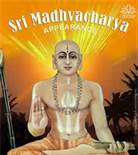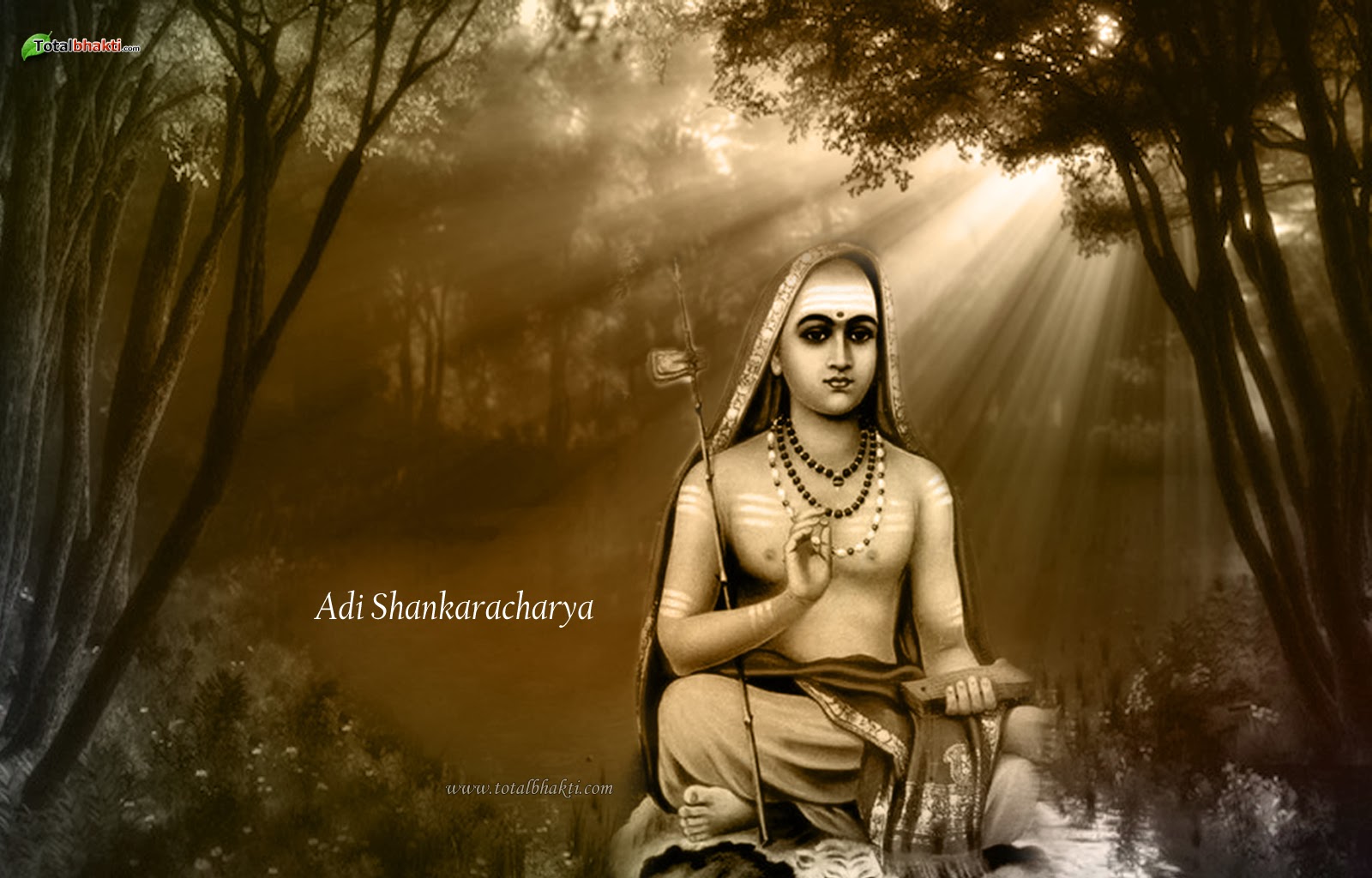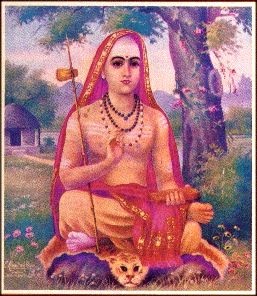YAJNAM : 1.THE CULTURE OF BHARATHAM (INDIA) ---

YAJNAM : 1. THE CULTURE OF BHARATHAM (INDIA) --- TATTVAM : (THE ESSENCE)- Srimad Bhagavadgeeta: Chapter-3. Slokam-9. "Yajnarthat-karmano-nyatra lokoyam karmabandhanah; Tadartham karma kaunteya muktasangah samachara." Meaning : "The world is bound by actions other than those performed for the sake of sacrifice; do thou, therefore, O son of Kunti (Arjuna), perform action for that sake (for sacrifice alone), free from attachment." When we are born into a particular set up of circumstances which we call a family, all the conditioning factors of the family are also born together with us. The tradition of the family grows when we grow. The pattern of our character and conduct is entirely determined by the idealogical background that is at the very basis of the structure of that particular family. We are born not merely in a family but also in wider circumstances called the community, nation, world, universe, etc., to all




